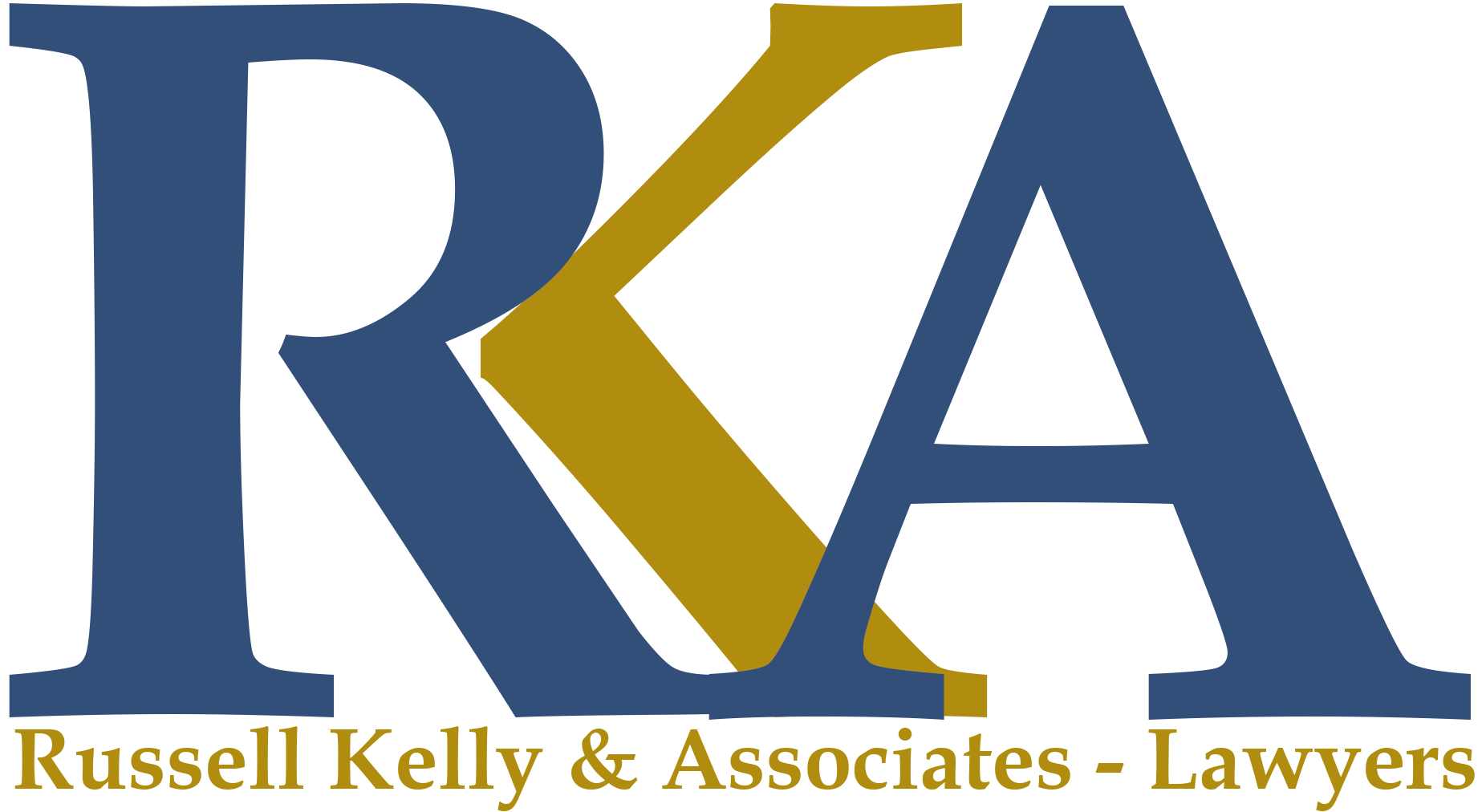What is the process for Wills, Enduring Powers of Attorney and Appointments of Enduring Guardian
On the 24th March, 2020, The COVID-19 Legislation Amendment (Emergency Measures) Bill 2020 [NSW] was passed
At present the person signing the document and the witness must be physically present and sign at the same time, which is not practical in the time of COVID-19 but at Russell Kelly & Associates we have the facilities to accommodate this requirement.
The Law Society of NSW is working with the Government to enact regulation(s) in accordance with the regulation-making power as soon as possible. We will monitor the situation and update this blog. Pending introduction of these regulations, the current requirements and ‘good practice’ for revocation and execution of Wills, Enduring Powers of Attorney and Appointment of Enduring Guardian documents are as follows.
Wills
- To be valid, a Will should be in writing and signed by the Will-maker and two independent witnesses.
- The witnesses should be over 18 years of age and should not be the same person as the Executor(s), or any named or potential beneficiaries contemplated by the Will.
- The will-maker should sign the document first, following by the two witnesses.
- All parties should use the same pen.
- The witnesses should write down their names, addresses and occupations.
- The Will should be dated.
In light of the COVID-19 situation, it may not be possible or practical to locate two independent witnesses, which begs the need for the contemplated regulations.
Pending the introduction of these new regulations, if you realize that you need to update your Will for one reason or another, we do have the facilities to accommodate witnessing of documents
A Will that is not executed in accordance with the prescribed legislation, is commonly referred to as ‘an informal Will’. The Court may admit an informal Will to Probate provided that:
- It is ‘a document’;
- The document sets out the author’s wishes or intentions for what he/she wants to happen in the event of his/her demise; and,
- The Court is satisfied that the Will-maker intended the document to operate as his/her Will.
It is always recommended that you have your Will professionally prepared. Writing one out yourself is a risky exercise which may result in misinterpretation of your wishes, prolonged litigation and extra costs to your estate.
Enduring Power of Attorney
An Enduring Power of Attorney should be signed by the principal (you) and witnessed by a prescribed witness. Your appointed attorney(s) do not require to have their signature(s) witnessed.
A “prescribed witness” means:
- a registrar of the Local Court, or
- an Australian legal practitioner, or
- a conveyancer, or an employee of the NSW Trustee and Guardian, who has successfully completed a prescribed course of study; or,
- a foreign legal practitioner.
If you need to urgently revoke a Power of Attorney document you have in place, it is crucial that you tell your appointed attorney(s) that you have revoked the document, preferably in writing (for example, by email or post), please contact our office for any help required.
Appointment of Enduring Guardian
An Appointment of Enduring Guardian document should be signed by you and witnessed by a prescribed witness. Your appointed guardian(s) will also need to have their signatures witnessed by a prescribed witness.
Similarly, a revocation of an existing Appointment of Enduring Guardian should be in writing and witnessed by a prescribed witness. A copy of the written revocation must be provided to the guardian(s) it removes.
We will continue to monitor further announcements and issue an update when the new regulations are introduced. In the meantime, if you need to update your Will, Enduring Power of Attorney or your Appointment of Enduring Guardian documents, please contact our office
